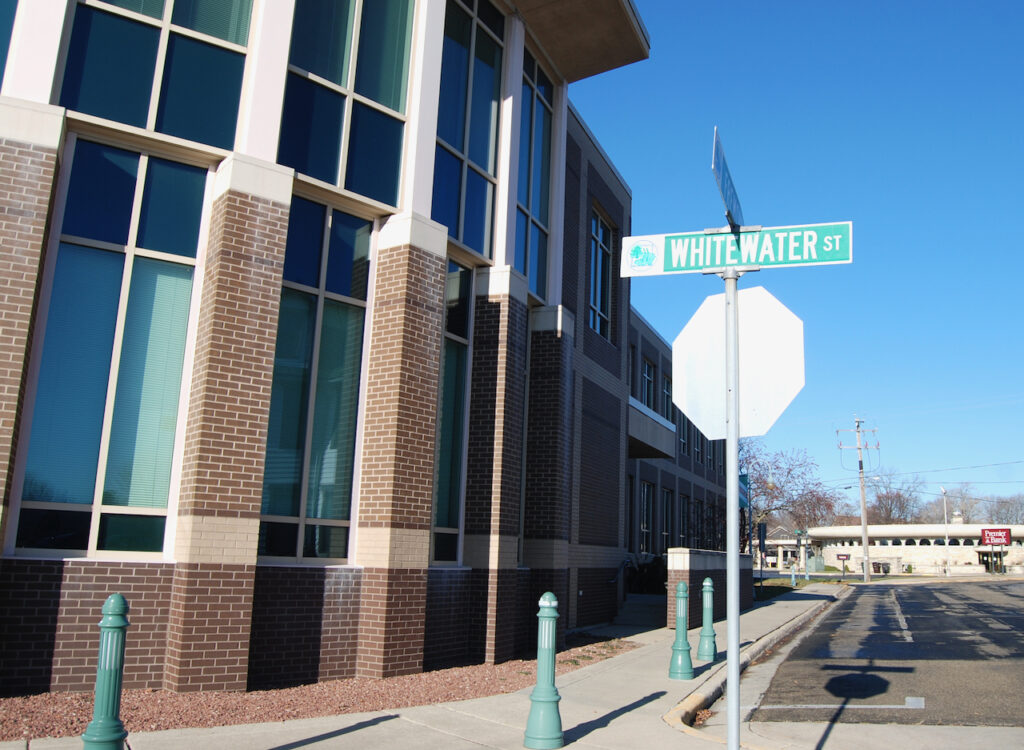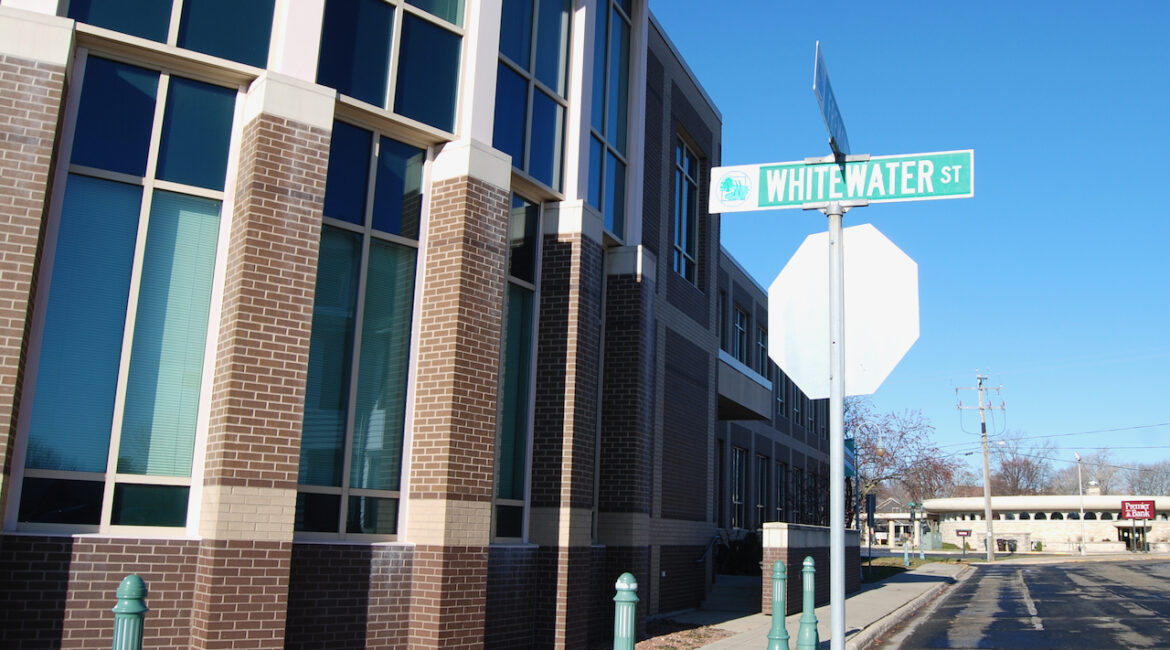By Kim McDarison
Members of the Whitewater Equal Opportunities Commission, meeting virtually Monday, April 3, opted to return a proposed “hate bias form” and its associated procedure to city staff for further recommendations.
The proposal is anticipated to appear on the commission’s next agenda, commission chairwoman and Whitewater Common Council member Brienne Brown told Fort Atkinson Online recently.
Responding to questions by phone, Brown said commission members did not vote on the proposal following a suggestion made by then-commissioner and Common Council member Jill Gerber, who said she thought that a final recommendation to council from the commission would best come after any new commission and council members were seated, pending the outcome of the April 4 election.
Information provided within a memo from City Manager John Weidl offered a recommendation from city staff that the form and process not receive approval from the commission for recommendation to council, citing a lack of expertise held by city staff to make findings regarding hate bias complaints.
In his memo, Weidl wrote: “We do not believe our city non-police staff has the expertise to investigate and make findings and decisions on these types of complaints. This process could include interpreting complex statutes and codes, and apply them to facts, and also involve other difficult analysis and decisions.”
Would city staff make a “violation” finding, he noted, it “could have a serious effect on an individual’s reputation and employment opportunities.”
He cited a need for “due process” in such matters, which, he wrote, “should include a hearing type opportunity which would require notice and the right to be heard. This is often like a judicial trial proceeding.”
He stated that the proposed draft before the commission lacked “the type of specific process that would be needed to provide this due process.”
Brown said that during the meeting, the commission, following Weidl’s recommendation, requested that the form and process be returned to staff to develop further recommendations, and asked that both items be returned before the commission on a future agenda.
According to Brown, staff was asked to pursue the assemblage of helpful documents that could be made available to people who felt they may have been wronged, answering such questions as: Who do they go to next?
Prior to April 18, along with Brown, members serving on the commission included: Gerber, Maryann Zimmerman and Terilyn Robles. Each of the members represent a faction of the community, Brown said, adding that she and Gerber (prior to April 18) are council representatives, Zimmerman is a citizen member, according to the city’s website, and Robles represents the Whitewater Unified School District.
On Tuesday, April 18, following the installment of new council members who were elected April 4, council appointed two representatives to the commission. They are: Brown and councilman Lukas Schreiber, who replaced Gerber on the commission. Gerber continues in her role as common council member.
Information on the city’s website notes that the commission was formed to “improve the quality of life in Whitewater by the elimination of racism and other forms of discrimination in the Whitewater community.”
The commission is composed of “five or six citizen members” and “one or two common council members,” the website states. To date, three citizen member seats remain unfilled.
The commission meets virtually on the first Monday of each month at 5 p.m., as stated on the city’s website.
Offering some history, Brown said that the proposal to create a form and process to address hate bias complaints was initiated by former Whitewater Police Chief Aaron Raap, who asked the commission to consider the proposal following what Brown described as several Black Lives Matter protests which had occurred within the city. Those engaged with Black Lives Matter shared concerns which alleged that the Whitewater Police Department was unfairly targeting Black individuals who may have been college students or visiting the area from Milwaukee, she said.
Brown said the form and process were proposed by Raap and considered by the commission as a means by which to show the community that officials were understanding of concerns brought by citizens.
“We wanted to show that we were listening,” she said.
As the commission considered the matter, she said, commissioners determined that the proposal was developed following incidences that were alleged to have occurred “four years ago.”
Since then, Brown said, the police department had undergone training and she believed such concerns were “not a problem now.”
“This has gone through a modification process and it came from some students at the university and Chief Raap,” Brown said.
Raap, who was hired by the city as its police chief in 2018, resigned and retired from his position in June of last year.
Dan Meyer was named Whitewater police chief in August, 2022.

Whitewater Municipal Building, file photo/Kim McDarison.
This post has already been read 1687 times!
